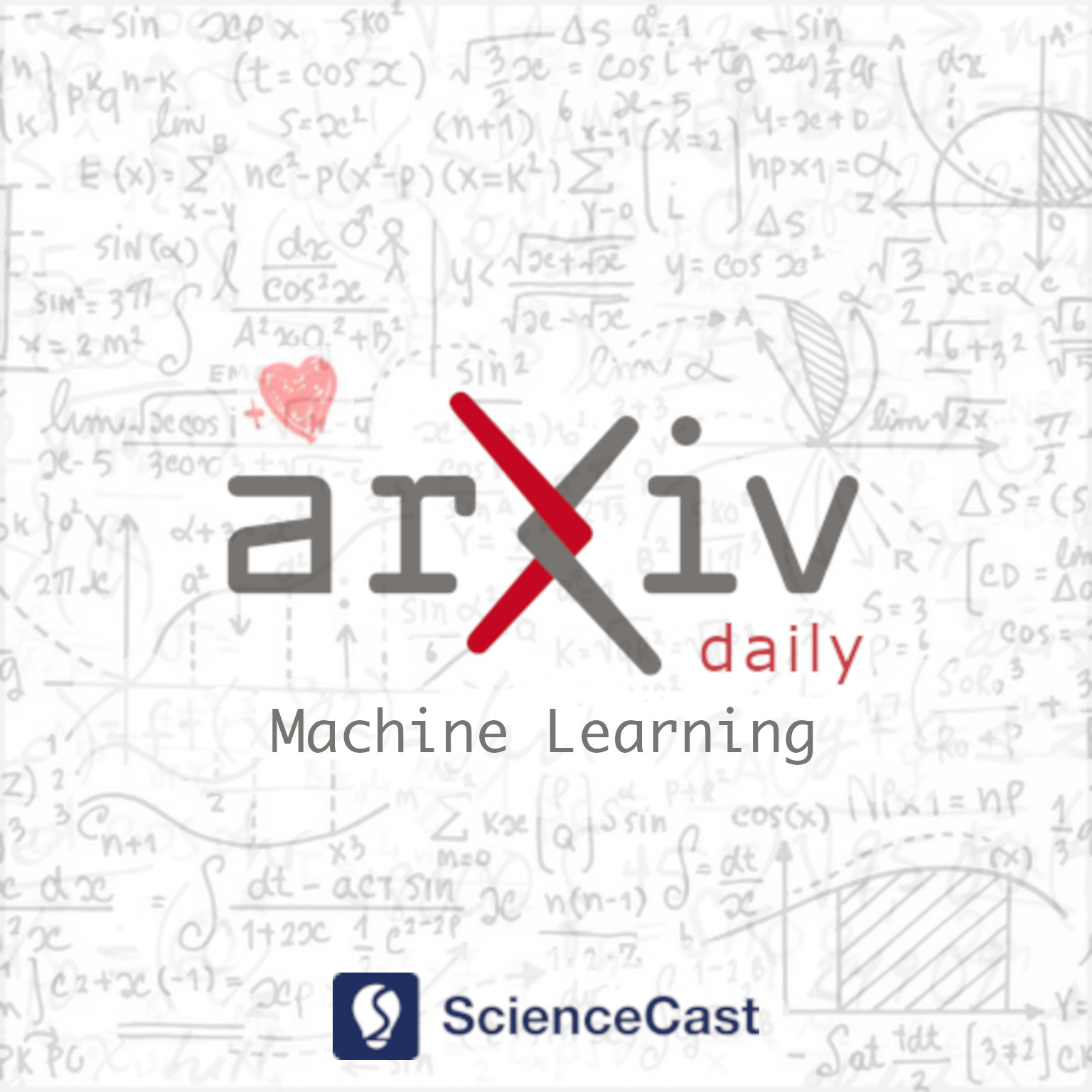
Machine Learning (stat.ML)
Tue, 02 May 2023
1.Addressing Parameter Choice Issues in Unsupervised Domain Adaptation by Aggregation
Authors:Marius-Constantin Dinu, Markus Holzleitner, Maximilian Beck, Hoan Duc Nguyen, Andrea Huber, Hamid Eghbal-zadeh, Bernhard A. Moser, Sergei Pereverzyev, Sepp Hochreiter, Werner Zellinger
Abstract: We study the problem of choosing algorithm hyper-parameters in unsupervised domain adaptation, i.e., with labeled data in a source domain and unlabeled data in a target domain, drawn from a different input distribution. We follow the strategy to compute several models using different hyper-parameters, and, to subsequently compute a linear aggregation of the models. While several heuristics exist that follow this strategy, methods are still missing that rely on thorough theories for bounding the target error. In this turn, we propose a method that extends weighted least squares to vector-valued functions, e.g., deep neural networks. We show that the target error of the proposed algorithm is asymptotically not worse than twice the error of the unknown optimal aggregation. We also perform a large scale empirical comparative study on several datasets, including text, images, electroencephalogram, body sensor signals and signals from mobile phones. Our method outperforms deep embedded validation (DEV) and importance weighted validation (IWV) on all datasets, setting a new state-of-the-art performance for solving parameter choice issues in unsupervised domain adaptation with theoretical error guarantees. We further study several competitive heuristics, all outperforming IWV and DEV on at least five datasets. However, our method outperforms each heuristic on at least five of seven datasets.
2.LogSpecT: Feasible Graph Learning Model from Stationary Signals with Recovery Guarantees
Authors:Shangyuan Liu, Linglingzhi Zhu, Anthony Man-Cho So
Abstract: Graph learning from signals is a core task in Graph Signal Processing (GSP). One of the most commonly used models to learn graphs from stationary signals is SpecT. However, its practical formulation rSpecT is known to be sensitive to hyperparameter selection and, even worse, to suffer from infeasibility. In this paper, we give the first condition that guarantees the infeasibility of rSpecT and design a novel model (LogSpecT) and its practical formulation (rLogSpecT) to overcome this issue. Contrary to rSpecT, the novel practical model rLogSpecT is always feasible. Furthermore, we provide recovery guarantees of rLogSpecT, which are derived from modern optimization tools related to epi-convergence. These tools could be of independent interest and significant for various learning problems. To demonstrate the advantages of rLogSpecT in practice, a highly efficient algorithm based on the linearized alternating direction method of multipliers (L-ADMM) is proposed. The subproblems of L-ADMM admit closed-form solutions and the convergence is guaranteed. Extensive numerical results on both synthetic and real networks corroborate the stability and superiority of our proposed methods, underscoring their potential for various graph learning applications.